Does the ‘Swiss law first’ initiative strengthen or weaken democracy?
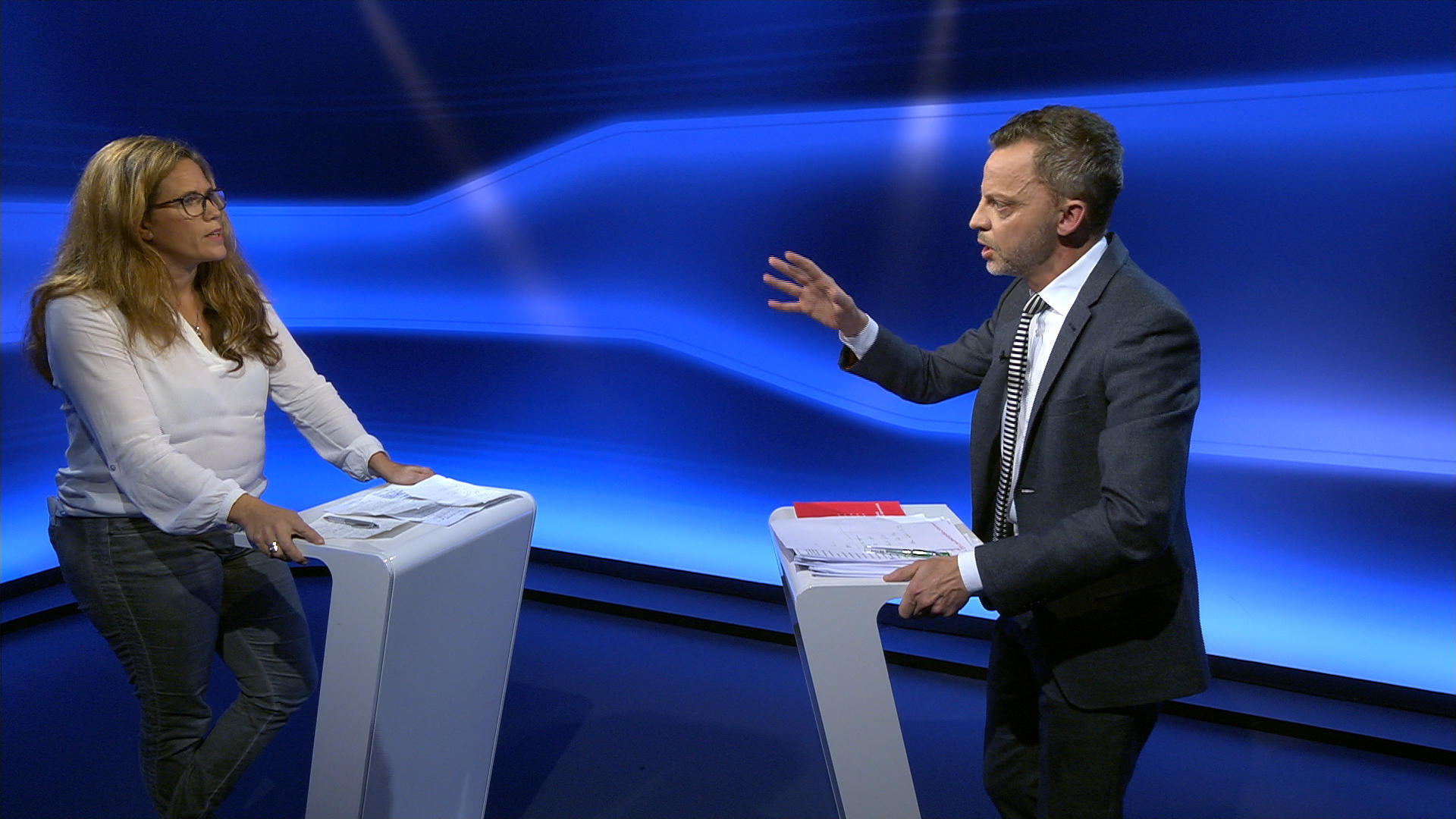
On November 25, voters will decide whether the Swiss constitution should take precedence over international law. The initiators are seeking to defend direct democracy, while opponents fear that human rights will be weakened. A debate.
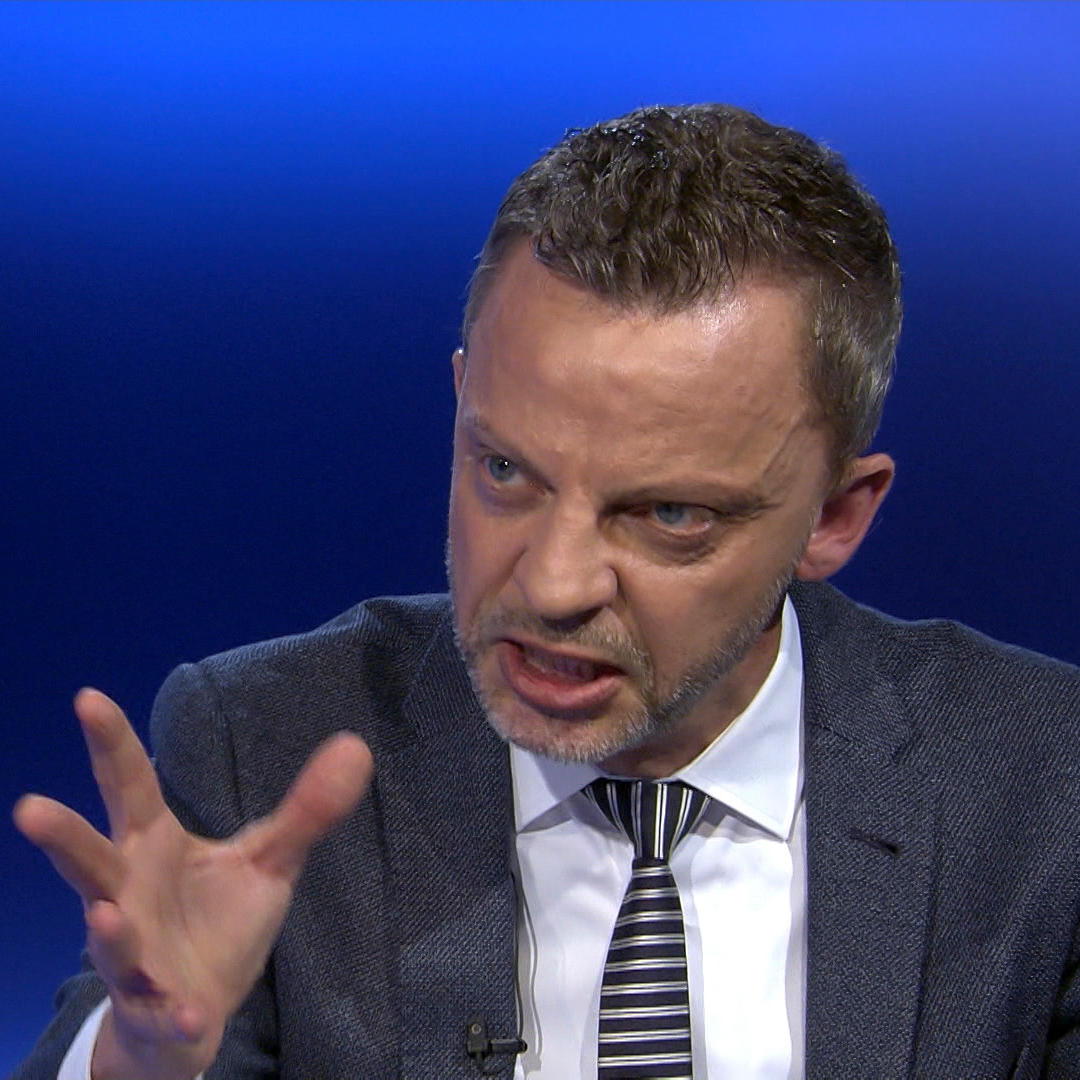
Hans-Ueli Vogt, a professor of business law and member of the Swiss parliament, is seen as the father of the initiative “Swiss law instead of foreign judges” (the ‘Swiss law first’ initiative.) He is seeking to defend the voting rights of Swiss citizens, because referendum decisions are increasingly no longer being implemented as a result of international law.
Andrea Huber launched an information campaign in 2014, with the goal of preventing the ‘Swiss law first’ initiative Swiss from being adopted. Since then she has been working as the managing director of Schutzfaktor M (Protection Factor M), the Alliance of Civil Society Against the ‘Swiss law first’ Initiative.
The rightwing People’s Party’s ‘Swiss law first’ initiative” demands that the country’s constitution should take priority over international treaties.
The government, parliament and the parties (apart from the People’s Party) reject the initiative. A broad alliance of opponents has also formed in civil society.
swissinfo.ch: Is direct democracy incompatible with international law?
Hans-Ueli Vogt: Direct democracy and international law are not incompatible at all. We see that in the fact that citizens of this country have agreed to very many international treaties, whether directly or indirectly. The Swiss want Switzerland, as a member of the community of states, to abide by international law. The ‘sovereignty initiative’ in no way challenges that.
swissinfo.ch: Andrea Huber, why do you think that basic and human rights would no longer be enforceable in Switzerland? We can’t withdraw from United Nation treaties.
Andrea Huber: It would of course be interesting to hear from Hans-Ueli Vogt whether he would approve if the Federal Court bypassed UN treaties to prevent basic rights from being violated in Switzerland. The court has said many times: We will protect basic rights in our federal constitution, also taking into account the European Convention on Human RightsExternal link.
With this initiative, the European convention would no longer serve as a backstop for our basic rights. It would be invalidated. Because the Federal CourtExternal link would no longer be able to fall back on the European convention to protect us against laws which violate basic rights.
Hans-Ueli Vogt: That is wrong. And I believe that most of the opponents of the sovereignty initiative now know this isn’t true. It is right that in those cases where there are contradictions between the federal constitution and the European Convention on Human Rights, the Federal Court should not, in these individual cases, apply the European convention.
So for instance, if the European Convention on Human Rights, as interpreted by the judges in StrasbourgExternal link, rules that minarets may be built, then we want – and the sovereignty initiative aims for this – that this interpretation of religious freedom in the European convention is not applicable to Switzerland. Because in Switzerland, we have decided that no minarets may be built here.
Andrea Huber: I think it’s awful that you are trying to play the foreigner card even on this initiative! It is not about minarets and deportations, but about wheelchair-users who suffer discrimination in Switzerland. It is about the rights of all individuals. Any one of us could need Strasbourg’s protection.
Hans-Ueli Vogt: The European Court of Human Rights is increasingly styling itself as a European lawmaker. This is leading to ever narrower voting rights for the Swiss electorate. We saw this in the Federal Court’s 2012 judgment: Three federal judges turned the constitutional order on its head.
In 2010, the government confirmed in its report to parliament that initiatives which were adopted and contradicted non-binding international laws must be implemented. The government said it would be an abuse of, and damaging for, our political system if initiatives are presented to the people but not implemented.
Andrea Huber: Since 1999, it has been a practice of the Federal Court to give international human rights guarantees priority. It is a myth to say that there was a change of direction in 2012. In the case you always describe as a though it were a military coup, the Federal Court did what we – 120 human rights organisations – would want: it protected our basic rights. The Federal Court needs to be able to fall back on the European Convention of Human Rights for that.
The reason is that basic rights are not securely anchored in our constitution, as the People’s Party likes to maintain. Through referendums and people’s initiatives, a majority of the electorate can weaken the basic rights of minorities, or parliament can create laws that don’t conform to human rights principles.
We have no constitutional jurisdiction, so the Federal Court can’t refer directly to the constitution in order to ensure basic rights, but it can refer to the European Convention on Human Rights. We need this additional protection.
Hans-Ueli Vogt: On the subject of human rights – and I count myself among the defenders of these, just to be clear – the right of citizens to participate in the political process is a human right.
I think you sometimes ignore that. You want to limit voting rights so that they can only be exercised within the framework of international law, and I tell you, with the momentum towards globalisation, we will end up only being able to vote on the colour of kiosks, and no longer on anything else.
swissinfo.ch: Which treaties will have to be newly negotiated or will be cancelled if the sovereignty initiative is accepted? Is the European Convention on Human Rights one of these?
Hans-Ueli Vogt: There is only one treaty which currently contradicts our constitution, and that is the agreement on the free movement of people.
But this question will be put to the people separately, in the framework of the cancellation initiative, so that means that there is currently no treaty that would have to be cancelled. The government has made clear in its message that withdrawal from the European Convention on Human Rights is not feasible on the basis of the sovereignty initiative.
Andrea Huber: As a lawyer, you must know that if a treaty is no longer applied, you break it. At the moment it is not a question of whether the European Convention on Human Rights will be cancelled or not, but of whether it is violated if we no longer apply it. You yourself once confirmed to me that judgments from Strasbourg would no longer need to be bindingly implemented…
Hans-Ueli Vogt:: If they contradict the constitution!
Andrea Huber: Yes, exactly. And you know as a lawyer that this would then be a breach of the treaty. So far, Russia is the only country where the constitutional court decides whether a judgment from Strasbourg should be implemented or not. I think it is very sad and alarming that a Swiss political party is taking Russia’s approach and saying we will apply the European Convention on Human Rights when it suits us. It sends the wrong signals to the world and lends support to autocrats across Europe.
Adapted from German by Catherine Hickley/urs

In compliance with the JTI standards
More: SWI swissinfo.ch certified by the Journalism Trust Initiative




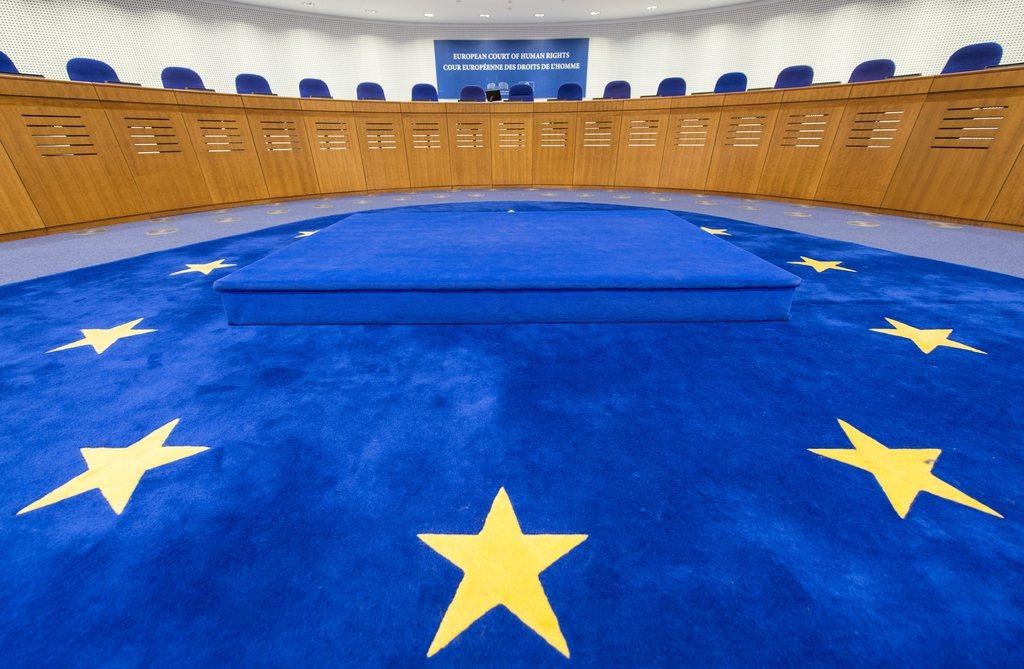
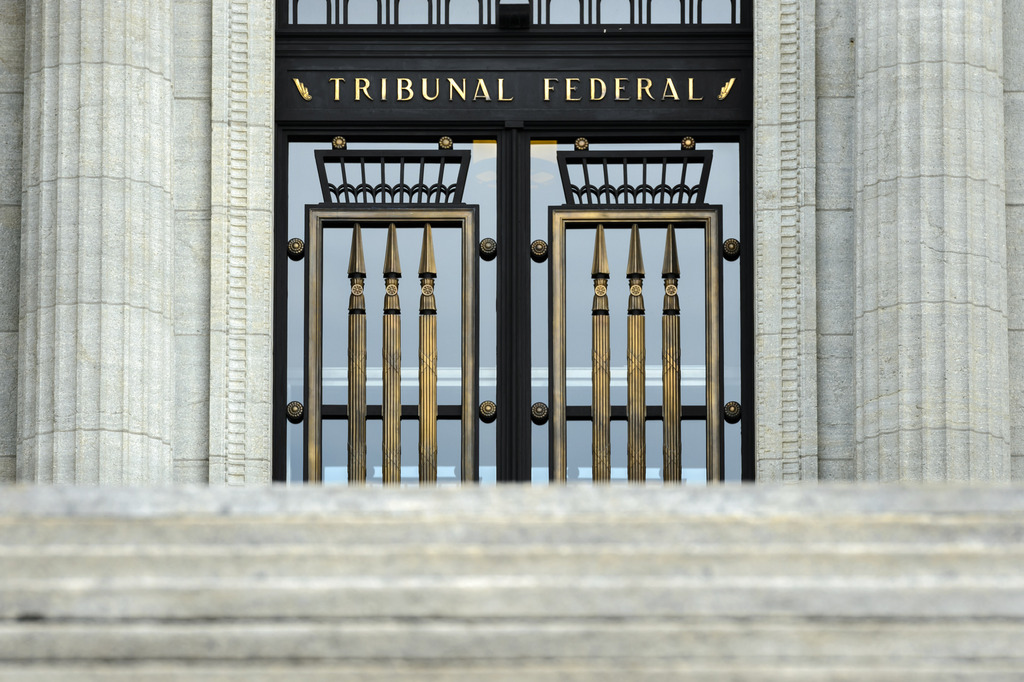
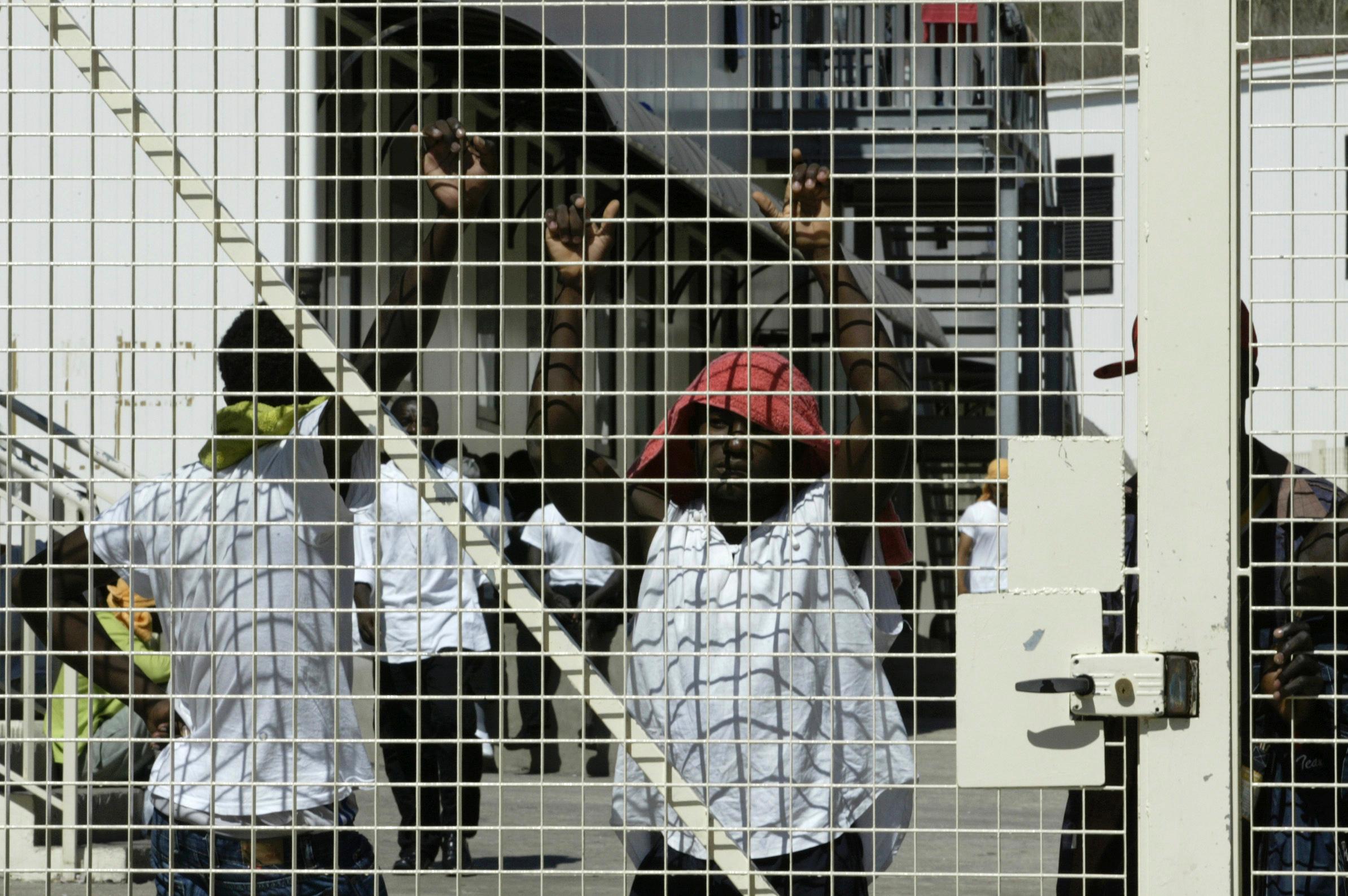

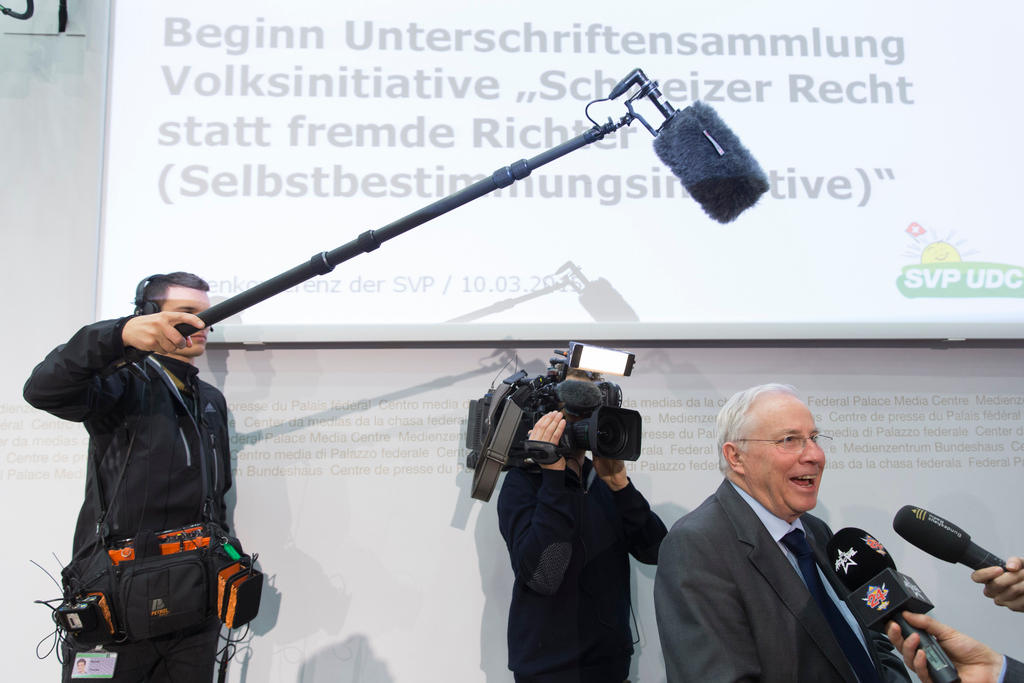


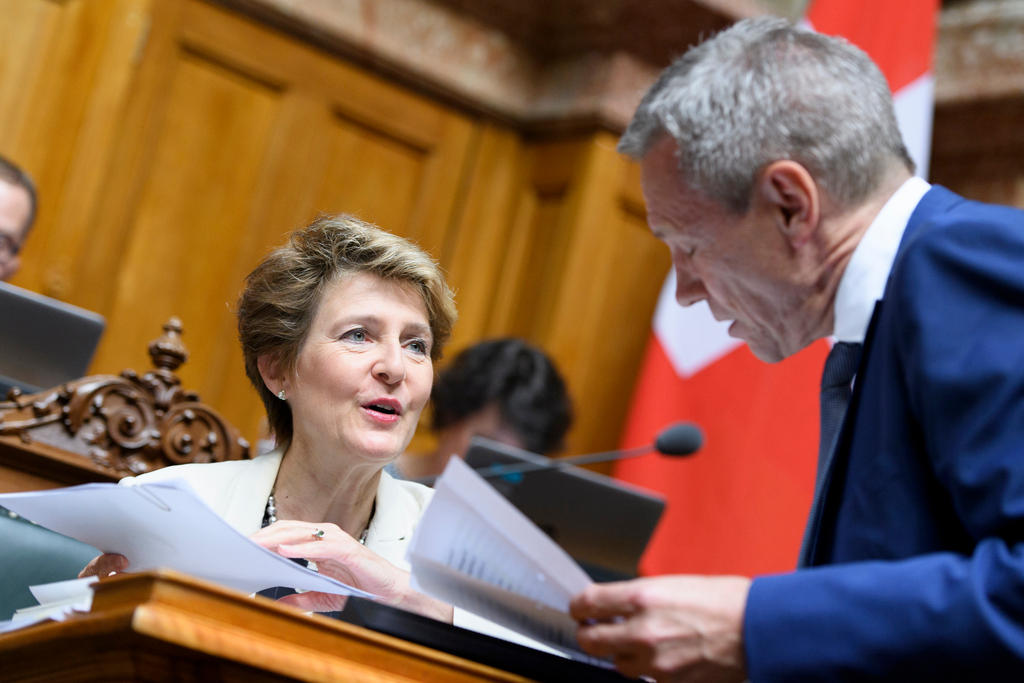


You can find an overview of ongoing debates with our journalists here. Please join us!
If you want to start a conversation about a topic raised in this article or want to report factual errors, email us at english@swissinfo.ch.